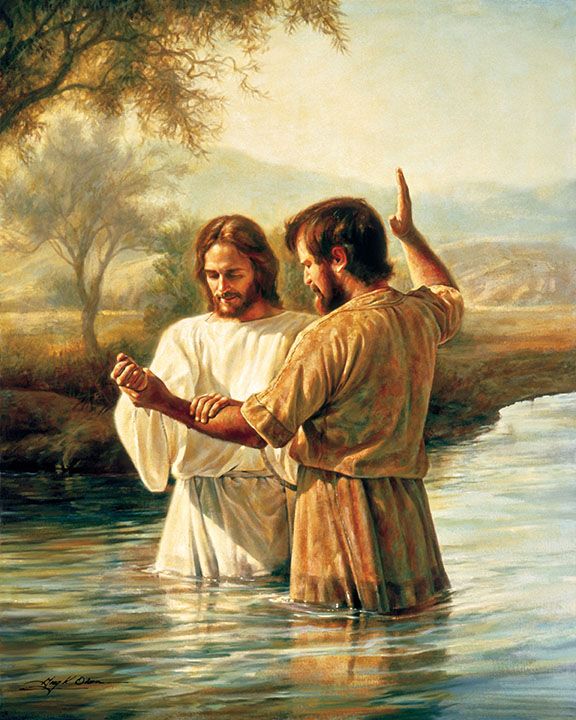Baptism is a sacred ritual that holds great significance in many modern religious practices. It is a symbolic act that represents the cleansing of sin and the initiation into the faith community. While the specific details of baptism may vary among different religions and denominations, the core meaning remains the same – a spiritual rebirth and a commitment to living a life of faith.
One of the most common forms of baptism is the Christian practice of water baptism. In Christianity, baptism is seen as a sacrament that marks the believer’s acceptance of Jesus Christ as their savior. It is a public declaration of one’s faith and a symbol of being washed clean of sin. The act of immersion in water symbolizes death to the old self and resurrection to a new life in Christ.
In addition to water baptism, some Christian denominations also practice infant baptism. This form of baptism is based on the belief that children are born with original sin and need to be cleansed through the sacrament of baptism. Infant baptism is seen as a way of dedicating the child to God and welcoming them into the faith community. While some may question the validity of infant baptism, it remains an important tradition in many Christian churches.
Another form of baptism that holds significance in modern religious practices is the practice of baptism by fire. This type of baptism is often associated with the Holy Spirit and is believed to bring about a spiritual transformation in the believer. Baptism by fire is seen as a purifying experience that strengthens one’s faith and deepens their relationship with God.
In addition to the Christian tradition, baptism also plays a significant role in other religions such as Judaism and Islam. In Judaism, the ritual of immersion in a mikveh (ritual bath) is seen as a form of purification and spiritual renewal. It is often practiced before major life events such as marriage or conversion to Judaism. In Islam, the act of wudu (ablution) is a form of cleansing before prayer and is seen as a way of purifying oneself before entering into the presence of Allah.
Overall, the significance of baptism in modern religious practices cannot be understated. It is a powerful symbol of faith, renewal, and commitment to one’s spiritual journey. Whether through water baptism, infant baptism, baptism by fire, or other forms of ritual cleansing, the act of baptism holds deep meaning for believers across different religions and denominations.
In conclusion, exploring the significance of baptisms in modern religious practices reveals the universal importance of this sacred ritual. It serves as a reminder of our connection to something greater than ourselves and our commitment to living a life of faith and spiritual growth. As we continue to practice and uphold the tradition of baptism, may we always remember its profound significance in our journey of faith.
